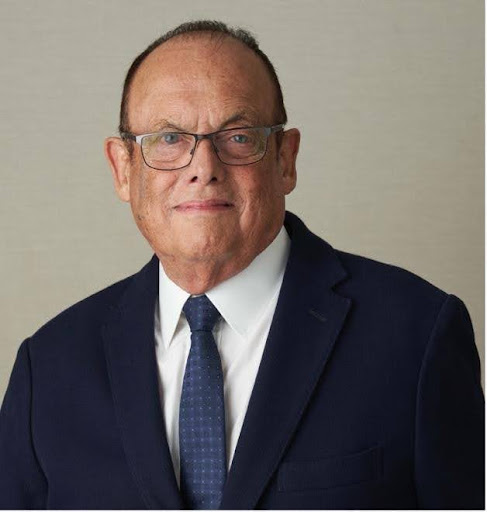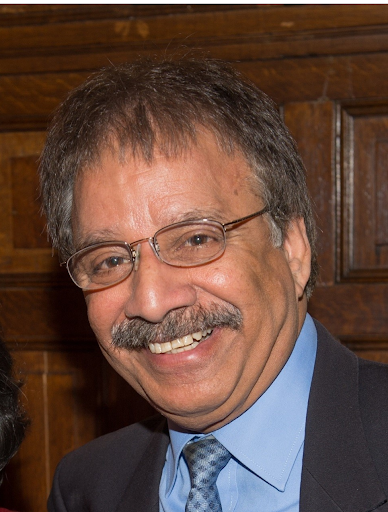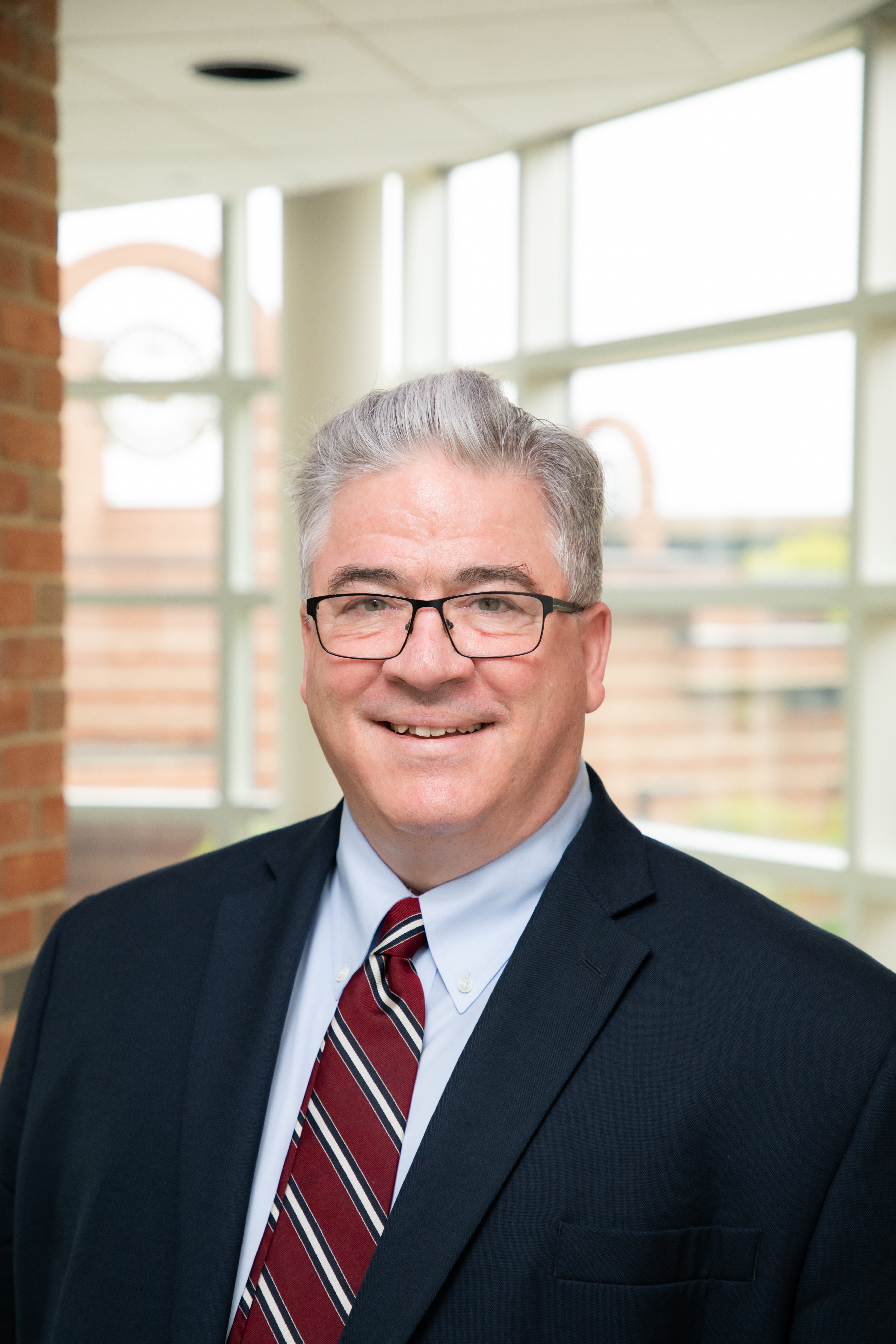2025 MIC Symposium on Multilingualism
Honoring S.N. Sridhar & Kamal K. Sridhar
Friday, Nov 14, 2025
Time: November 14, 9:30am-5:00pm
Location: Charles B. Wang Center, Lecture Hall #2
Opening Remarks: Dr. David Wrobel, Dr. Eriko Sato, Dr. Nirmal K. Mattoo
Distinguished Speakers: Professor Kingsley Bolton, Professor Agnes He, Professor Tej Bhatia, Professor Daniel R. Davis
Presented by: Center for Multilingual and Intercultural Communication (MIC) and Mattoo Center for India Studies (MCIS)
Co-Organized by: Department of Asian & Asian American Studies (AAAS), College of Arts and Sciences, and Department of Linguistics
If you need special accommodation, please contact chikako.nakamura@stonybrook.edu
view all videosMultilingualism and intercultural communication is the foundation for building inclusive communities, for fostering resilience, and for imagining a more sustainable and equitable future. As MIC enters its second decade, it will continue to be a force for good in our field and in our communities where we make our work meaningful to our colleagues and students. With that spirit, it gives us great joy to dedicate the first symposium of our new decade to celebrating the remarkable careers of Professor S. N. Sridhar and Professor Kamal K. Sridhar.
Professor S.N. Sridhar

Professor Kamal K. Sridhar
Reflections and Legacies:
A Conversation with Professor S.N. Sridhar and Professor Kamal K. Sridhar
Moderator: Professor Jiwon Hwang, Department of Asian and Asian American Studies
Talk Time: 4:05–5:00pm
Asian multilingualism, the English language, and the scholarly contributions of Professors S.N. Sridhar and Kamal K. Sridhar
Speaker: Kingsley Bolton
Chair: Professor Yi Wang, Department of Asian and Asian American Studies
Talk Time: 10:25 – 11:25am
Kingsley Bolton
 University of Stockholm, Ateneo de Manila University
University of Stockholm, Ateneo de Manila University
Kingsley Bolton is Professor Emeritus at the University of Stockholm, Sweden, and Research Fellow at Ateneo de Manila University, Philippines, and has previously held academic posts at The University of Hong Kong and Nanyang Technological University Singapore. His research has specialized in English-medium education, sociolinguistics, and world Englishes with particular reference to the Asian region. Recent publications include the Handbook of Asian Englishes (2020, co–edited with Werner Botha and Andy Kirkpatrick, Wiley Blackwell), The Routledge Handbook of English-Medium Instruction in Higher Education (2024, co-edited with Werner Botha and Benedict Lin). and The Wiley Blackwell Encyclopedia of World Englishes (Chief Editor, 2025). He is Co–Editor of the journal, World Englishes (Wiley Blackwell), and Series Editor of the Routledge book series, Multilingual Asia.
Abstract:
This talk sets out to cover a number of related topics. First, it provides an overview of multilingualism in the Asian region, which is home to at least 2,500 languages across South, Southeast, and East Asia. In this context, multilingualism takes multiple forms, reflecting the individual histories and sociolinguistic dynamics of very diverse societies, not least in those post-colonial nations where English has been retained as an internal and intranational language. Second, the talk will discuss the impact of the English language in the region, as well as the emergence and recognition of Asian Englishes in such societies as India, Singapore, and the Philippines. Third, and most importantly, this talk sets out to highlight and honor the the scholarship of Professors S.N. Sridhar and Kamal K. Sridhar, who have made important contributions through their research and publications on such topics as bilingualism, multilingualism, South Asian languages, world Englishes, and many other areas of linguistic science.
The Future Speaks Many Languages: Multilingualism for a Just and Sustainable World
Speaker: Agnes He
Talk Time: 11:30am– 12:15pm
Agnes He
 Stony Brook University
Stony Brook University
Agnes Weiyun He is Professor of Applied Linguistics, Founder and Director of the Center for Multilingual and Intercultural Communication at Stony Brook University. Her research centers on the impact of globalization and immigration on language and cultural practices, with a focus on the socialization of Chinese as a heritage language, and on the development of intercultural communicative competence by speakers of additional languages. Her most recent book is Voices of Immigration: A Serial Narrative Ethnography of Language Shift (Cambridge University Press, 2025).
Abstract:
In this talk, I honor Professors S. N. Sridhar and Kamal K. Sridhar for their pioneering and enduring contributions to linguistics and applied linguistics, which continue to provide important tools for understanding and addressing today’s global challenges. I focus on the linguistic costs and consequences of immigration, global mobility, and displacement, drawing on my own ethnographic and conversation-analytic research on heritage languages. To be multilingual, I argue, is to be both resilient and vulnerable. It entails navigating systemic inequalities that determine whose accents and languages are welcomed and whose are marginalized. These inequalities can be reproduced—and in some cases intensified—through emerging technologies. In the age of artificial intelligence, digital systems have the power to either sustain or silence linguistic diversity. Promoting multilingualism, therefore, is not only a matter of communication but also a question of justice and sustainability—cultural, ecological, and human.
Indian Multilingualism: Principles, Processes, and Possibilities
Speaker: Tej Bhatia
Chair: Professor Shyam Sharma, Department of Writing and Rhetoric
Talk Time: 1:45 – 2:45pm
Tej Bhatia
 Syracuse University
Syracuse University
Tej K. Bhatia is Emeritus Professor of Linguistics and Director of South Asian Languages
at Syracuse University, Syracuse, New York. He has served as Director of Linguistic
Studies Program and Acting Director of Cognitive Sciences at the university. He was
also a Fellow at the Center for the Study of Popular Television at the S. I. Newhouse
School of Public Communication. He is a recipient of the Chancellor’s Citation Award
for excellence in research. He has published a number of books (N=19), articles and
book chapters in the areas of bilingualism, multiculturalism, media (advertising)
discourse, socio- and psycho-linguistics, and the structure and typology of English
Indic languages and literatures (particularly Hindi, Urdu and Punjabi).
He has been the recipient of a number of grants from the National Science Foundation,
US Department of Education, American Council of Learned Societies, The Smithsonian
Institution, Fulbright-Hays Faculty Research Abroad, Linguistic Society of America,
American Council for Learned Society, Japan Science Foundation, and American Institute
of Indian Studies, among others. He has held visiting professorships at a number of
prestigious universities in North America, Japan, and India. He has also been a consultant
to several academic, government, and business organizations.
Abstract:
Indian multilingualism is a living tradition stretching back over 3,000 years, rooted in Vedic Sanskrit and sustained by principles such as additive bilingualism and resistance to rigid, prescriptive rules. These principles have enabled languages from diverse families to come into contact and grow together, producing convergence rather than divergence, cooperation instead of dominance, and resilience rather than disintegration.
This presentation explores how linguistic features have diffused across genetic and regional boundaries, shaping India’s vibrant patterns of speech and language mixing. Code-switching, blending, and multilingual interaction are not exceptions but daily hallmarks of Indian life. Drawing on influential works such as those by Sridhar and Sridhar, I will examine patterns of language contact and their implications for second and third language learning. Finally, I will highlight challenges such as fossilization in language development and reflect on what Indian multilingualism can teach about the broader dynamics of living with many languages.
Language and Languages, Discourse and Culture: The work of S.N. Sridhar and K.K. Sridhar
Speaker: Daniel R. Davis
Chair: Professor Bob Hoberman, Department of Linguistics
Talk Time: 2:50 – 3:50pm
Daniel R. Davis
 University of Michigan-Dearborn
University of Michigan-Dearborn
Daniel R. Davis is Professor of Linguistics and Chair of the Department of Language, Culture, and the Arts at the University of Michigan-Dearborn. He is Co-Editor (with Kingsley Bolton) of the journal World Englishes (Wiley), and Co-Editor (with Braj B. Kachru, Yamuna Kachru, Cecil Nelson and Zoya Proshina) of The Handbook of World Englishes (2nd Edition, 2020). He was Executive Director of the International Association for World Englishes 2011-2018, and is currently Secretary/Treasurer of the association.
Abstract:
S.N. Sridhar and K.K. Sridhar are linguistic pioneers in the study of world Englishes, multilingualism and second language acquisition, and in the linguistic description of South Asian languages, pragmatics, and culture. Their work is empirically grounded in linguistic and sociolinguistic data dependent on contexts of situation, and ultimately ties into the deepest possible understanding of linguistic theory on the one hand, and a profound sense of culture as practice in social and geographical space on the other. In this paper I examine the broad range of their research in linguistic and sociolinguistic description, and consider the implications this work has for linguistic theory above and beyond its immediate application to specific issues and contexts.

